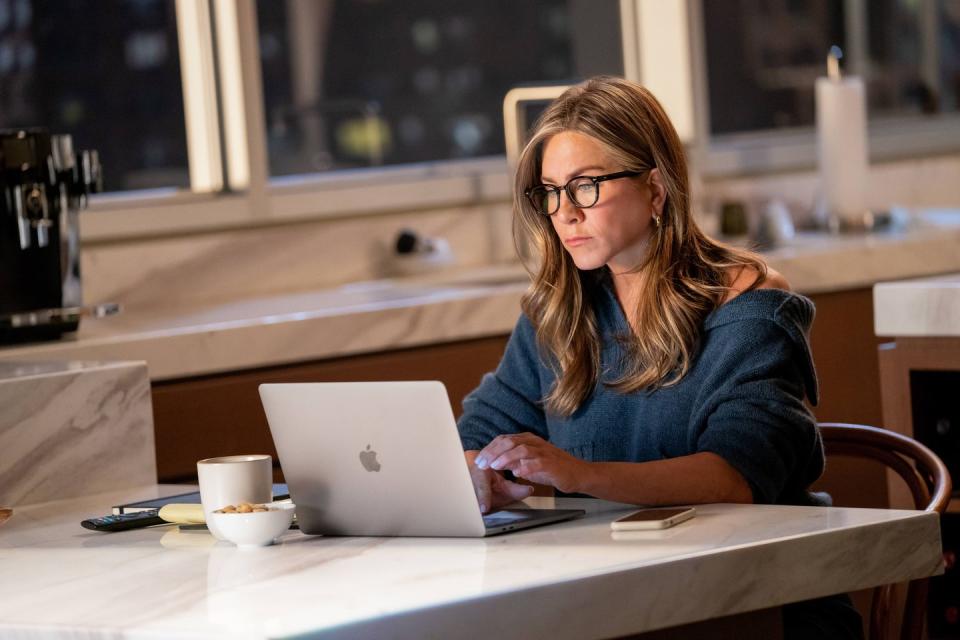Starting your own business? Here's how to be a successful female founder in 2025

Hannah Bernard, head of business banking at Barclays, knows a thing or two about supporting businesses. Indeed, her stalwart efforts on this front during the pandemic earned her an OBE in 2021.
Yet, as co-chair of the Invest in Women government task force, she has taken this passion for supporting business leaders and affixed a decisively female lens; dedicating herself to improving the far-too-dispiriting outlook for female founders. Data collected by the task force reported that female-founded businesses received just 1.8 per cent of total equity investment value in the first half of 2024 alone.
The task force was established with the goal of making the UK the best place in the world to be a female entrepreneur. Its methods range from the creation of some of the biggest funding pots for female-funded businesses to increasing the proportion of female investors and the level of that investment going to women-run endeavours.
Here, Bernard shares her insights and advice for starting your own business in 2025...
1/ Have confidence – you’re probably doing better than you think
Bernard is wary of stereotyping female founders, something that happens all too often. Yet she discovered that one sweeping generalisation of women business leaders was more true than she thought: the confidence deficit.
“I think women worry that they don’t know it all and actually, the chances are that they probably do know it,” she says. “What I’ve seen in the sessions offered by our relationship managers – many of whom have more than 20 years of experience – is that, more often than not, they look through the business plan and say, ‘Yes, you're doing all the right things.’ It’s sometimes as simple as that and is the thing that then gives them confidence.”

2/ Don’t be wedded to one idea – be flexible
In her years working with successful business leaders, Bernard has discerned certain helpful traits; a healthy appetite for risk, a level of resilience. “I also think they have this remarkable ability to pivot and look for opportunities,” she says. “They are also usually incredibly optimistic. But that’s a trait that’s not always helpful…”
In many ways, it is Bernard’s job to manage risk and, perhaps, put a useful dampener on that optimism if it is misplaced. “I think there's a chance you get so attached to your idea that it can be hard to course-correct,” she advises. “Business failure is quite high. About two out of every five will fold in the first three years. You must remember that people will generally start a business, it will fail, and they start again, and they'll keep going until they find one that hits the jackpot. It’s important to be flexible and test out ideas.”

3/ Seek the right help – it is out there
“I think what first got me so passionate about women in business was when a female founder once told me that one of our relationship managers would only talk to her male financial director,” Bernard remembers. “I was shocked, but she said that was quite normal and that he had explained he was just more comfortable with him.”
The anecdote ignited Bernard’s awareness that the outlook for female business owners is not changing fast enough. After all, the damning statistics remain that male-only or mixed teams are nearly twice as likely to get a pitch deck over to an investment committee than a female run business. “We've now made it so that our relationship managers at Barclays are all trained to do specialist coaching for women,” she says. “They now offer free sessions on business planning and things like family-friendly loans so you can take a loan holiday if you're going on maternity leave. We need to make sure that we're not just supporting those female founders, but we're being more proactive in saying, 'This is available for you, and we are here to help you'. It is part of our job to help lift women up.”

4/ Know that change is coming
Despite many efforts, Bernard understands that the landscape for female founders is not changing fast enough. It’s why she has worked with the Invest in Women task force to bring forward a revolutionary investment pool – gathering commitments from Barclays, M&G, the British Business Bank, Morgan Stanley, Visa Foundation, BGF and Aviva to secure more than £250m of funding to support female entrepreneurs in the UK.
"Our funding partners not only recognise the moral imperative to drive systemic change for female investors and founders, they recognise that this also makes strong commercial sense,” she says. “Studies show that female-led businesses generate 35 per cent higher returns than male-led businesses. The Invest in Women funding pool is about changing the landscape of investment. I’m incredibly excited about what’s to come.”
You Might Also Like


